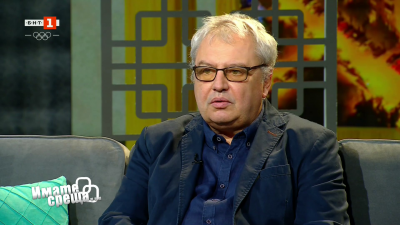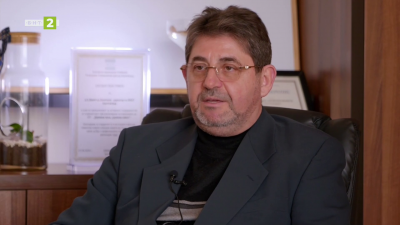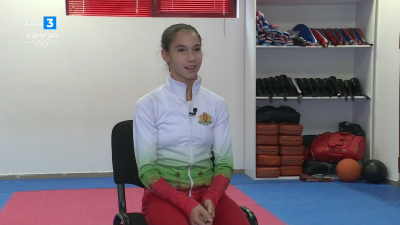Why do so many young people accumulate debt?

Majority of young people in Bulgaria lack financial literacy. Many people under the age of 25 in Bulgaria are getting more and more into debt. Every fifth person up to this age has borrowed money to buy first of all a mobile phone.
Just a week ago it became clear that only 22% of the Bulgarians or only one in five manage to save money. The majority of these approximately one million and 200 thousand Bulgarians manage to set aside up to 20% of their income and mainly to cover an emergency. All the experts we spoke to then and today are of the opinion that the low level of financial literacy among young people is already turning them permanently into debtors at a very young age.

The only survey that measures financial literacy is the PISA survey. The first measurement of this component was in 2018, and data from the second was presented a few months ago. They show that 15-year-old students have a lower financial literacy than their peers. 430 points compared to an average of 500 points for the other 20 countries.
Children in the primary grades study "Technology and Entrepreneurship", and after grade five, "Geography and Economics". The PISA survey gives a picture that neither schools nor parents seem to pay enough attention. A few days ago, a debt collection firm also published its own survey, which shows an unpleasant equation. The fastest growing age group of indebted persons is that of young people under 25. One in five debtors is in this age category and takes out loans to buy a mobile phone, appliances or sporting goods. However, the Bulgarians aged between 30 and 40 remain the most indebted. And more, the Bulgarians are indebted on average by one or more consumer loans.
Seventh-grader Boyana Durlenska receives BGN 7 a day in pocket money. She follows her parents' rule on how to spend it.
"Today I have 3 BGN left from this 7 leva and I put it with my savings. I just collect, collect and I told myself when I find something to buy I will spend my savings on that. My parents give me pocket money for going out, say 50 BGN, I only have to spend 30 and I give them back the other 20 I didn't spend. That is, there always has to be change," explained Boyana Durlenska, a seventh-grader at 51 Elizaveta Bagriana Secondary School in Sofia.
Students up to seventh grade also have two subjects that are supposed to develop financial literacy - "Technology and Entrepreneurship" and "Geography and Economics".
"I give you an example - with the sixth graders we made a budget card, in which everyone had to use their own budget for the month, for the week, and make a breakdown of how much money they spend on food at school, how much money they have for other expenses and finally how much money they can save for one year and five years," explained Marina Shinovska, a teacher at 51 Elizaveta Bagriana Secondary School in Sofia.
"Actually, the bigger problem - not whether there is it as a subject, but that financial literacy in general is something that is extremely practical. Teaching a child in a textbook only what saving is, what is the difference between needs and wants, but only in theory, the child will not become financially literate," added financial literacy expert for children Adriana Manolova.
In addition to teaching children financial literacy at school, Marina Shinovska faces the difficulty of teaching her own child, who is 8 years old. She still doesn't give him pocket money every day. Adriana Manolova, who is an expert and teacher of financial literacy, is of the opposite opinion. She says that massively children spend everything they are given. She has also taught her own daughter the rules on how to save.
"At home, the effort is even greater. The child should have the example of the parents, that is the best for him," Marina Shinovska added.

A massive lack of basic knowledge is the reason why only one in five people in the country save money, according to figures from a survey released a few days ago.
"The financial culture is mostly credit culture, we as a nation are not brought up to have an investment culture," Marina Shinovska added.
Boyana wants to be able to allocate her money well and save. Experts remind that the golden rule is that everyone should organise their spending so that they set aside 20 per cent of it.

Get the latest news wherever you are!
Follow us on
Facebook
and
Instagram
Follow BNT’s YouTube channel
You can now also watch us on
TikTok
Find us on
Google News























